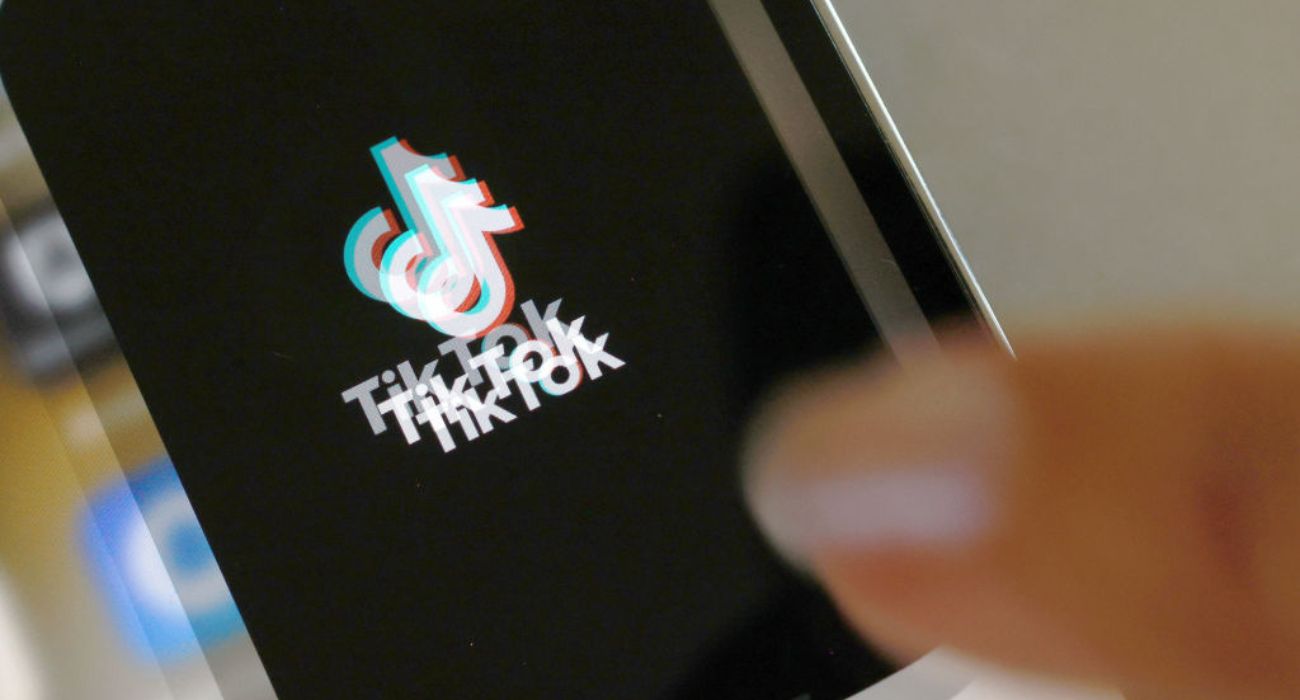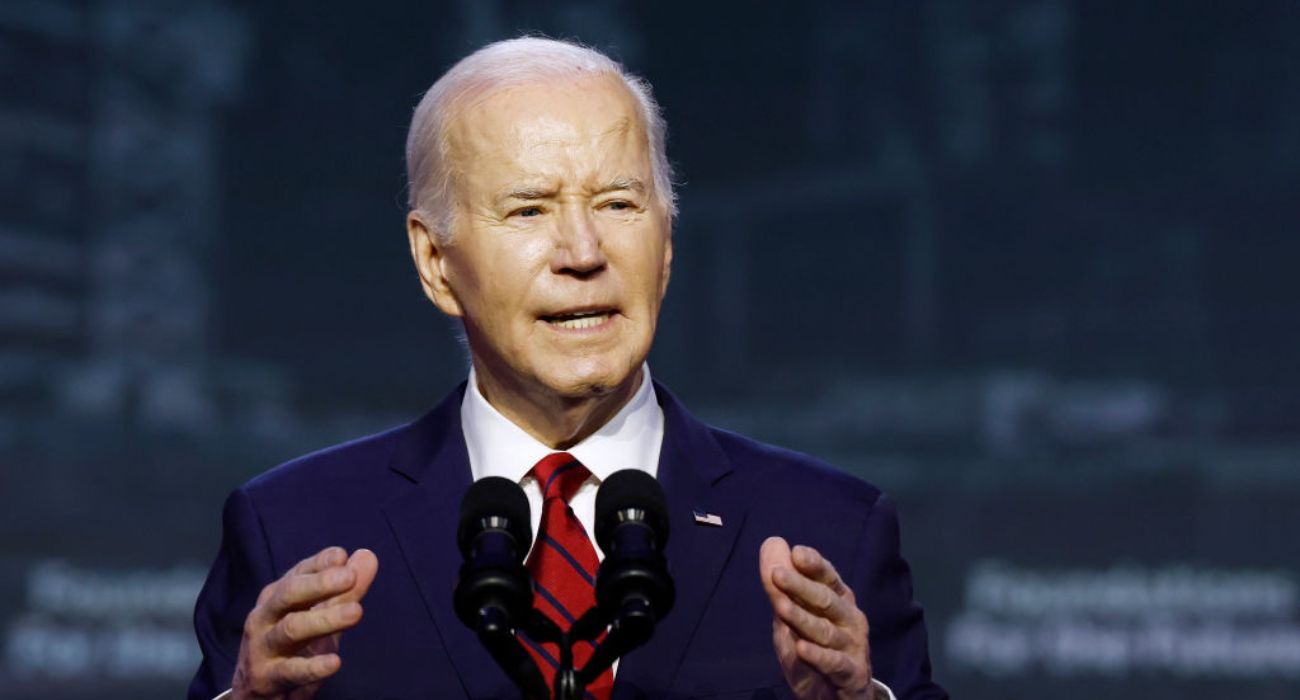Marvel Studio’s latest film, Doctor Strange and the Multiverse of Madness, has been banned in the Middle Eastern countries of Egypt, Qatar, Kuwait, and Saudi Arabia after the studio declined to delete 12 seconds of LGBTQ-related material from the film.
Although the three countries have laws banning homosexual content from films, Disney, who owns Marvel Studios, is reportedly unwilling to remove the clip of dialogue from a lesbian character, portrayed by Xochitl Gomez, famous for her role in the film The Babysitter’s Club.
In an interview with the British newspaper The Guardian, Saudi Arabia’s general supervisor of cinema classification, Nawaf Alsabhan, disputed the notion that the film’s ban was permanent.
“It’s just her talking about her moms because she has two moms, and being in the Middle East, it’s very tough to pass something like this. We sent it to the distributor, and the distributor sent it to Disney, and Disney has told us they are not willing,” Alsabhan said.
He then told Agence France-Presse, as reported in The Guardian, “There’s no reason to ban the film. It’s a simple edit. So far, they have refused. But we haven’t closed the door. We’re still trying.”
Benedict Cumberbatch, who stars as Dr. Stephen Strange in the film, told Marvel Crave that the movie’s ban is a “disappointment,” adding, “this isn’t tokenism to include an LGBTQ+ community member. This character is that from the comics; it’s not something we’ve created for the sake of diversity. We’ve included her because of how awesome she is as a character. And that’s just one aspect of her character, and that’s what it should be.”
Though the movie is banned in four Arab-majority countries, the nearby United Arab Emirates has not followed suit, and tickets remain on sale ahead of the May 6th release.
In Italy, the studio altered the movie poster due to Doctor Strange’s hand gesture. Synonymous with his character, the hand gesture is one Doctor Strange uses as he performs magic.
Often referred to as “the sign of the horns,” or by Texas standards, “Hook’em Horns,” the gesture has been used by heavy metal musicians since the 1980s in most English-speaking nations.
In Italy, however, using the gesture toward a person means you are calling them a cuckold or someone whose wife is sexually unfaithful. Disney changed the movie poster to reflect a different hand gesture that would not offend Italians.
A previous Marvel film, 2019’s The Eternals, was banned from the same countries after Disney refused to remove scenes involving a homosexual main character.
The company has been an advocate on behalf of the LGBTQ community. Recently, Disney criticized the Parental Rights in Education bill, passed on February 28 by the Florida legislature, which prohibits teachers from discussing sexual orientation or gender identity in kindergarten through third-grade classrooms.
Disney’s refusal to eliminate LGBTQ content also comes after Warner Brothers Studios removed a six-second clip from their latest production, Fantastic Beasts: The Secrets of Dumbledore, part of the Harry Potter franchise. A request by the Chinese Communist Party saw a scene in which the character of Albus Dumbledore admits to a previous homosexual relationship cut from the film.
In a statement to The Hollywood Reporter, Warner Bros. stated “the spirit of the film remains intact” with the scene removed.
Doctor Strange and the Multiverse of Madness, the 28th installment of the Marvel Cinematic Universe, will come to theaters in the United States on May 6. The film was directed by Sam Raimi, best known for directing the Spider-Man trilogy in the early 2000s. It stars Benedict Cumberbatch, Patrick Stewart, Elizabeth Olsen, Chiwetel Ejiofor, and Xochitl Gomez.






